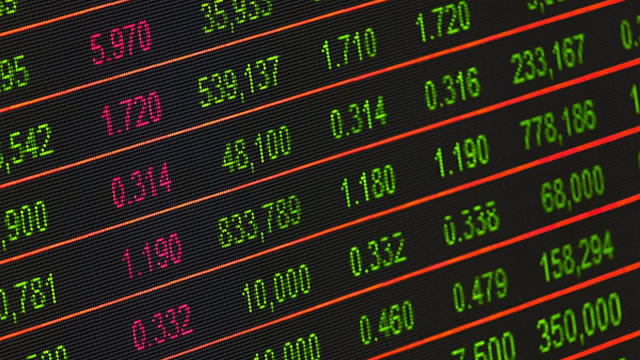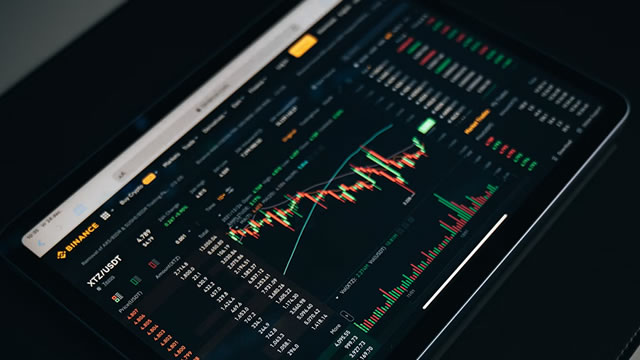Last Week’s Stock Market Turmoil: A Rough Patch, Not a Crash
Last week, the stock market took a hit following President Trump’s announcement of new tariffs. The Dow Jones Industrial Average dropped by over 800 points in a single day, sparking fears of a potential stock market crash and economic recession.
Fear Not: Stock Market Crashes and Economic Recessions
It’s important to note that a stock market crash does not automatically signal an economic recession. While the two are related, they are not the same thing. A stock market crash refers to a significant decline in stock prices over a short period, typically representing a bear market. An economic recession, on the other hand, is a sustained period of economic decline, usually defined as two consecutive quarters of negative Gross Domestic Product (GDP) growth.
History of Stock Market Crashes and Economic Recessions
Historically, there have been instances where stock market crashes have preceded economic recessions, but not always. For example, the Stock Market Crash of 1929 was followed by the Great Depression, which lasted from 1929 to 1939. However, other crashes, such as the one in 1987, were not followed by recessions.
The Impact on Individuals: Saving and Diversification
For individuals, a stock market crash can be unsettling, especially if you have a significant portion of your savings in the market. However, it’s essential to remember that the market is cyclical and will eventually recover. In the meantime, consider focusing on your long-term financial goals and maintaining a diversified portfolio.
- Consider setting aside an emergency fund for unexpected expenses.
- Review your investment strategy and consider rebalancing your portfolio.
- Avoid making hasty decisions based on short-term market fluctuations.
The Impact on the World: Trade and Global Economy
On a larger scale, the stock market turmoil and potential for new tariffs can have far-reaching implications for the global economy. Trade tensions between the United States and China have been a significant source of uncertainty for businesses and investors worldwide. If the tariffs lead to a prolonged trade war, it could negatively impact global growth.
Conclusion: Stay Calm and Focus on the Long Term
In conclusion, last week’s stock market turbulence was a reminder that the market is volatile and subject to short-term fluctuations. While it’s natural to feel uneasy when the market takes a hit, it’s essential to remember that a stock market crash does not necessarily mean an economic recession. Instead, focus on your long-term financial goals, maintain a diversified portfolio, and stay informed about the global economic landscape.
As for the potential impact of the tariffs on individuals and the world, it’s too early to tell. The situation is fluid, and the full implications will depend on how the trade negotiations unfold. In the meantime, it’s a good idea to stay informed and prepare for potential changes to the economic landscape.





